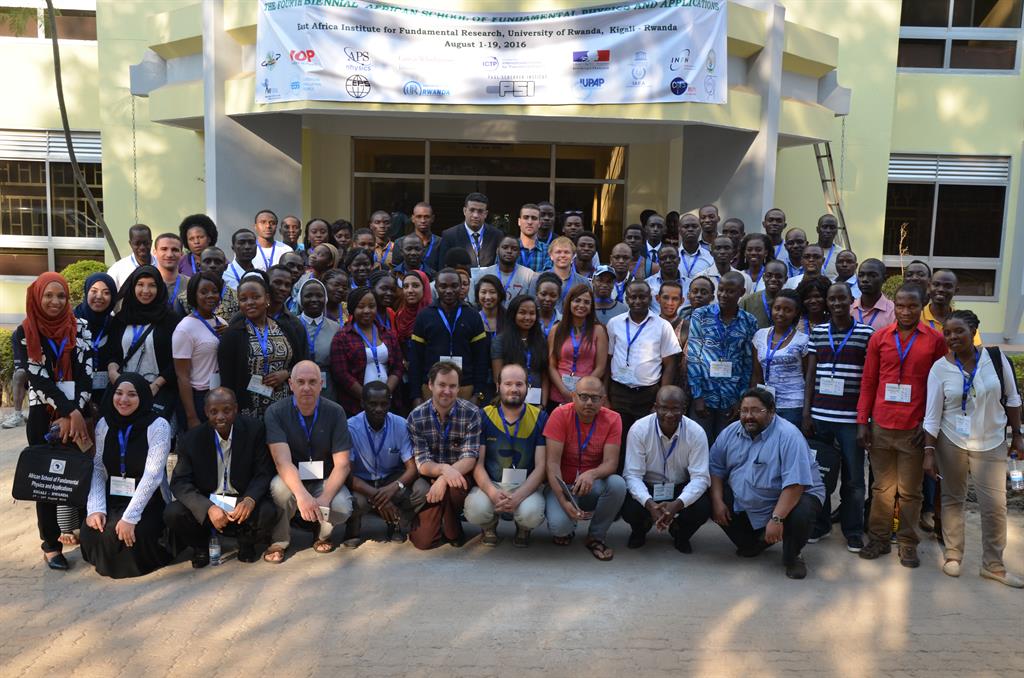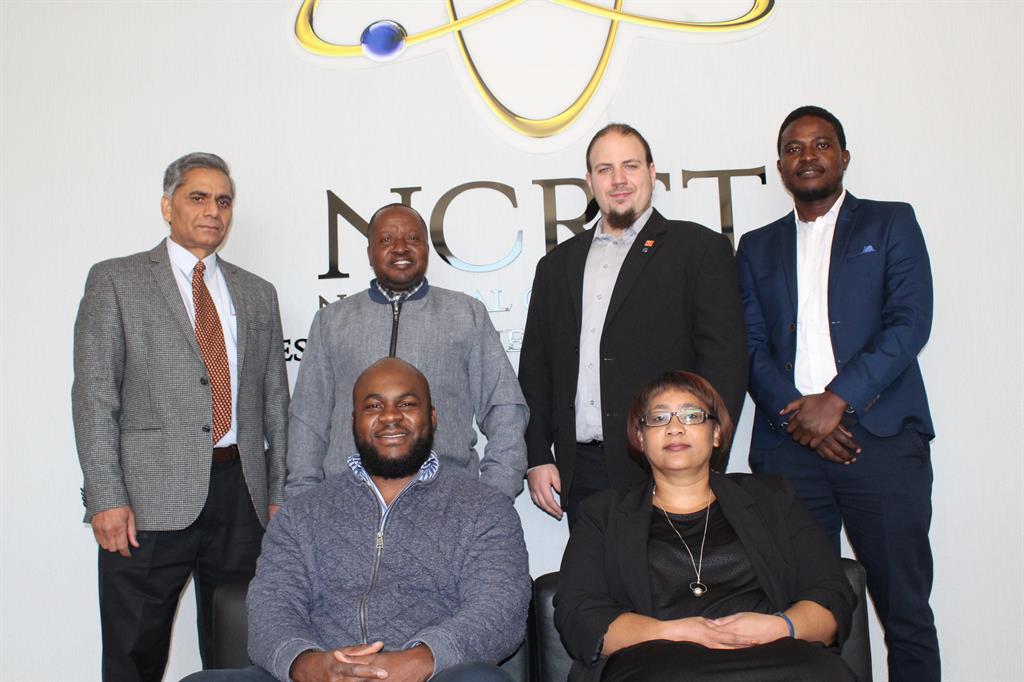Growth of science and physics in Africa -Namibia to host ASP
Justicia ShipenaNamibia will host the biennial African School of Fundamental Physics and Applications (ASP) from 24 June until 14 July. The ASP was originally launched in South Africa in 2010.
According to Dr Ketevi Assamagan, a physicist at Brookhaven National Laboratory in New York and a member of the ASP international organising committee, Africa is a young continent when you consider its youth population, which is projected to grow further by 2020.
This presents challenges and at the same time endless possibilities.
“The African School of Physics exists to contribute to the growth of science and physics in Africa. We want to bring world-class expertise and experience to the doorstep of many who are keen to advance the continent through science,” he said.
Angelique Philander, manager of human and institutional development, science and technology promotion at the National Commission on Research, Science and Technology (NCRST), said the scientific agenda of ASP for this year includes a three-week intensive graduate student programme, one-week training for high school teachers, a one-week outreach for high school learners and a one-week professional physics conference.
Over 500 students from Africa and beyond applied for the graduate student programme; 85 students were selected from 26 African countries. One student from Palestine and another from the United States will be joining their African counterparts.
At least 70 high school teachers from Namibia will participate in the teachers’ workshop.
The aim of the workshop is to train teachers in improved teaching skills. A total of 30 high schools in and around Windhoek will participate in the learners outreach programme, with 40 to 50 learners selected from each participating school. The objective of this workshop is to motivate learners to develop and maintain interesting fundamental physics and applications.
“The professional physics conference is designed to attract former ASP participants, post-doctoral students, university faculties and researchers across Africa and beyond to present and discuss progress in their research work, to network and exchange ideas and form future research collaborations,” Philander said.
During this period the scientific programme will include lectures, demonstrations, experimentation and hands-on tutorials in astrophysics and cosmology, nuclear and particle physics and physics education. It will also include lectures in communication, material physics, renewable energies and energy efficiency, accelerators, medical and radiation physics and high-performance computing.
This year’s scientific agenda has been designed by 60 international lecturers, supported by a local organising committee from the NCRST, the University of Namibia (Unam) and the Namibia University of Science and Technology (Nust).





Comments
My Zone
No comments have been left on this article